US spies peer into the future - and it doesn't look good
- Published
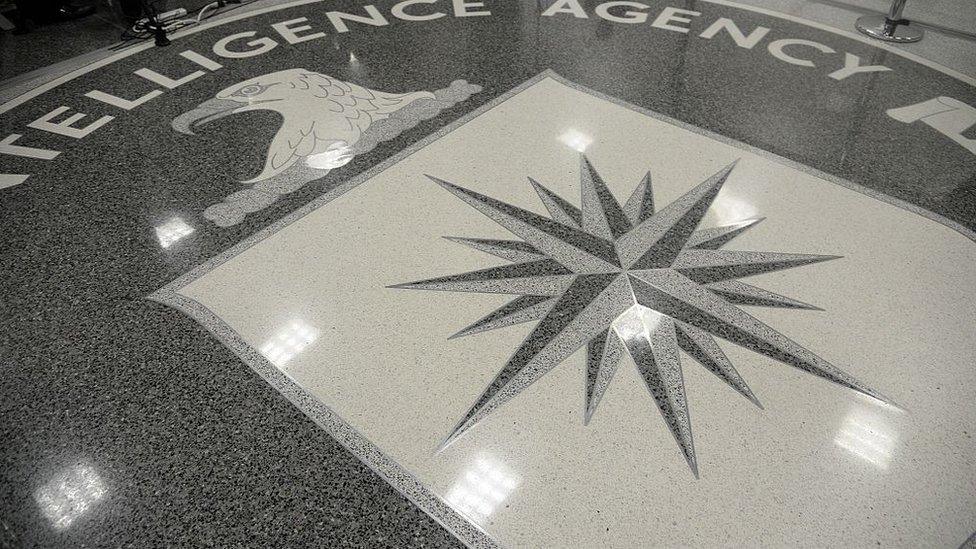
The US Intelligence Community has issued a survey of where the world may end up in 2040.
It warns of a political volatility and growing international competition or even conflict.
The report entitled A More Contested World is an attempt to look at key trends, external and outlines a series of possible scenarios.
It is the seventh such report with one coming every four years since 1997 from the National Intelligence Council.
The Global Trends 2040 report does not make comfortable reading if you are a political leader or international diplomat - or hope to be one in the coming years.
The latest attempt by the US National Intelligence Council to understand what may happen within and between countries points to uncertainty and instability. It firstly focuses on the key factors driving change.
One is political volatility.
"In many countries, people are pessimistic about the future and growing more distrustful of leaders and institutions that they see as unable or unwilling to deal with disruptive economic, technological, and demographic trends," the report warns.
Vulnerable democracies
It argues people are gravitating to like-minded groups and making greater and more varied demands of governments at a time when those governments are increasingly constrained in what they can do.
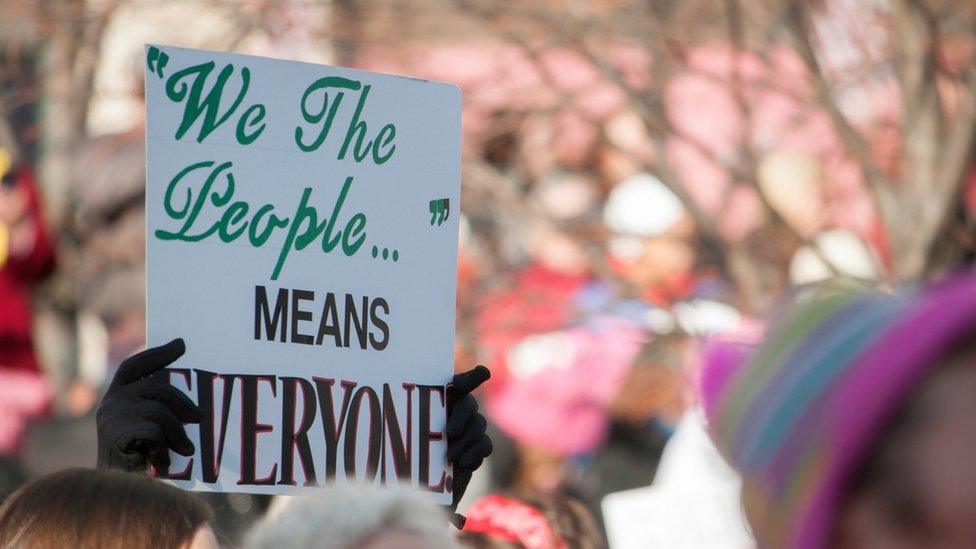
"This mismatch between governments' abilities and publics' expectations is likely to expand and lead to more political volatility, including growing polarisation and populism within political systems, waves of activism and protest movements, and, in the most extreme cases, violence, internal conflict, or even state collapse."
Unmet expectations, fuelled by social media and technology, could lead to risks for democracy.
"Looking forward, many democracies are likely to be vulnerable to further erosion and even collapse," the report warns, although adding that these pressures will also affect authoritarian regimes.
Pandemic a massive 'global disruption'
The report says the current pandemic is the "most significant, singular global disruption since World War II", which has fuelled divisions, accelerated existing changes and challenged assumptions, including over how well governments can cope.
The last report in 2017 included such a possibility - imagining that "the global pandemic of 2023" dramatically reduced global travel to contain its spread.
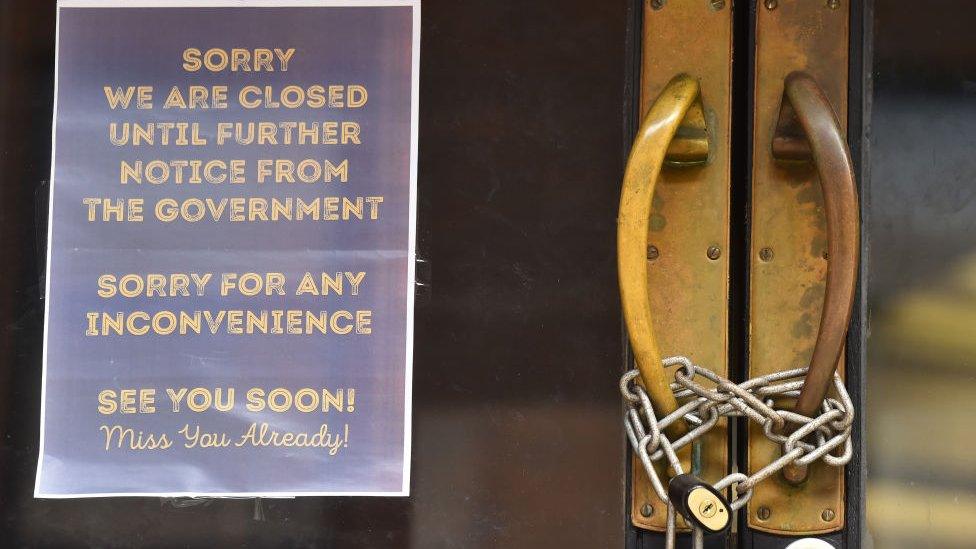
The authors acknowledge they did not expect Covid-19, which they say has "shaken long-held assumptions about resilience and adaptation and created new uncertainties about the economy, governance, geopolitics, and technology".
Climate change and demographic shifts will also be key drivers, as will be technology, which could prove disruptive but also empower those who harness it fastest and first.
Geopolitical competition
Internationally, the analysts expects the intensity of competition for global influence to reach its highest level since the Cold War over the coming two decades amid the continuing weakening of the old order as institutions like the United Nations struggle.
Non-governmental organisations, including religious groups and what are called "technology superstar firms" may also have the ability to build networks that compete with - or even - bypass states.
The risk of conflict may increase, with it becoming harder to deter new weapons being used.
Jihadist terrorism is likely to continue but there is a warning that extreme right- and left-wing terrorists promoting issues such as racism, environmentalism and anti-government extremism could revive in Europe, Latin America and North America.
Groups could use artificial intelligence to become more dangerous or use augmented reality to create "virtual terrorist training camps".
The competition between the US and China lies at the heart of many of the differences in the scenarios - whether one of them becomes more successful or whether the two compete equally or divide the world into separate silos.

Read more by Gordon Corera

A 2004 report also predicted a caliphate emerging out of the Middle East, much as the Islamic State group tried to create in the last decade, although the same report - looking ahead to 2020 - did not quite capture the competition with China which now dominates US security thinking.
The overall aim is to look at possible futures rather than predict with certainty.
Stronger democracies or 'the world adrift'?
There are some optimistic scenarios for 2040 - one called "the renaissance of democracies".
This involves the US and its allies harnessing technology and economic growth to deal with domestic and international challenges, while China and Russia's crackdowns (including in Hong Kong) stifle innovation and strengthen the appeal of democracy.
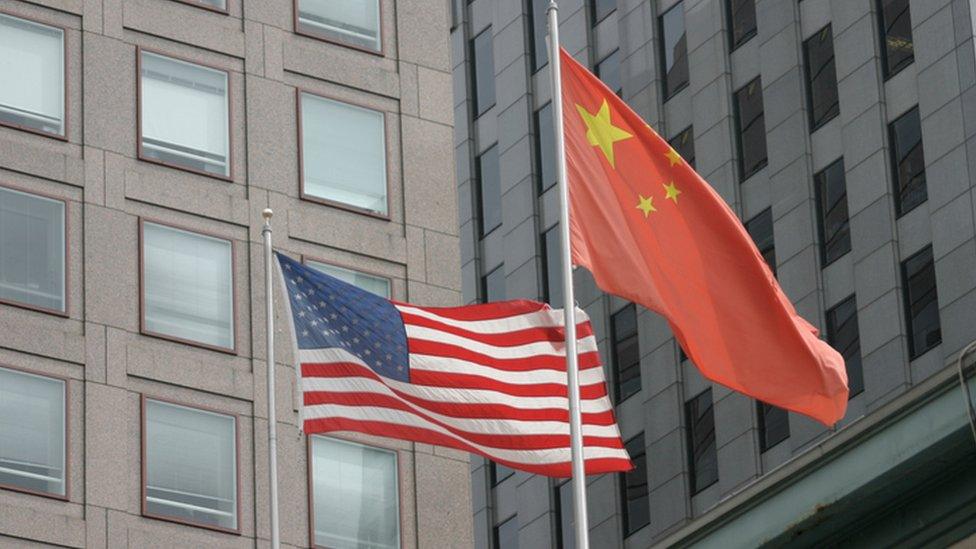
But others are bleaker.
"The world adrift scenario" imagines market economies never recovering from the Covid pandemic, becoming domestically deeply divided and living in an international system that is "directionless, chaotic and volatile" as international rules and institutions are ignored by countries, corporations and other groups.
One scenario, though, does manage to combine pessimism with optimism.
"Tragedy and Mobilisation" imagines a world in the midst of a global catastrophe in the early 2030s thanks to climate change, famine and unrest - but this in turn leads to a new global coalition, driven in part by social movements, to address the problems.
Of course, none of the scenarios may come to pass or - more likely - a combination or something entirely novel may emerge. The aim, the authors say, is to prepare for an array of possible futures - even if many of them look far from rosy.
Related topics
- Published11 January 2021
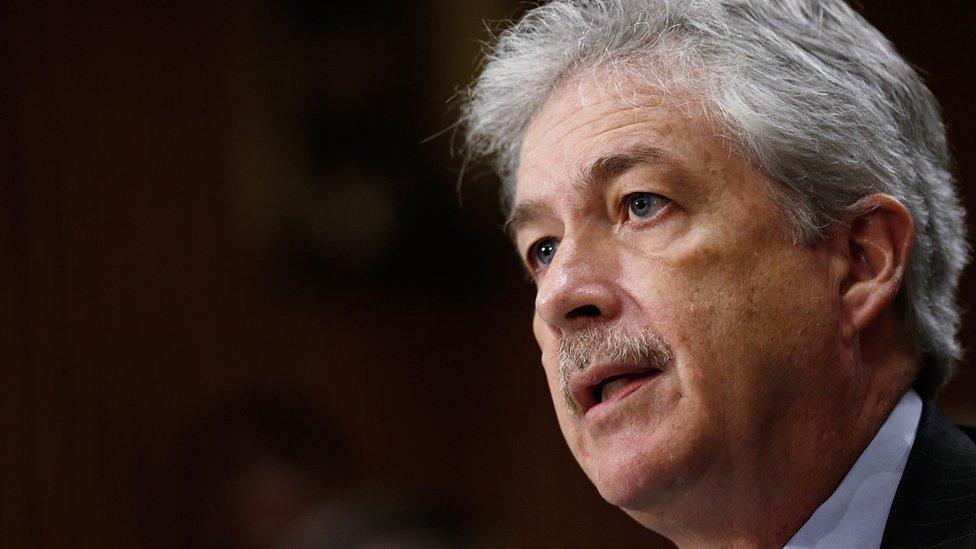
- Published6 December 2020

- Published14 September 2020
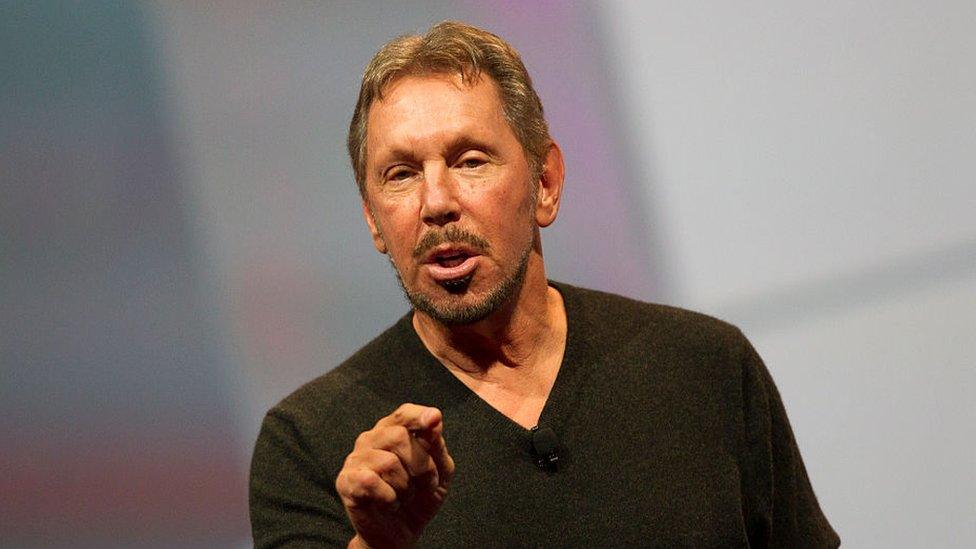
- Published26 July 2020
